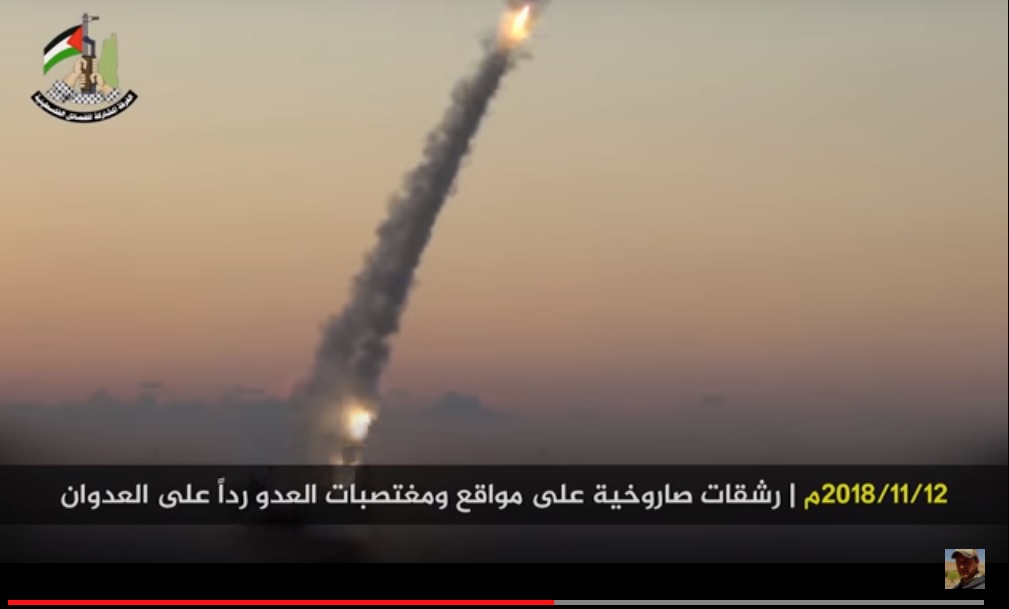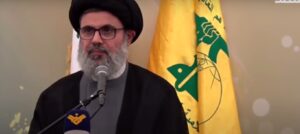As the IDF continues to prevail against Hamas in Gaza, the Palestinian struggle is poised for a transformative shift.
The imminent loss of a formidable military force will compel a reevaluation of tactics, potentially steering the focus towards political avenues for resolution.
Fears loom within terrorist organizations that the IDF, having secured Gaza, may extend operations to dismantle terrorist infrastructures in northern Samaria, particularly in Jenin, Nablus, and Tulkarm.
This shift would undoubtedly alter the military balance, bolstering Israel’s position in Judea and Samaria.
This conflict, etched in Palestinian history, stands as a calamity, tilting the military equilibrium decisively in Israel’s favor.
The Palestinians may find themselves compelled to abandon extensive armed resistance, redirecting efforts toward a more politically oriented approach to address their predicament.
Yahya Sinwar’s Role
Yahya Sinwar, the leader of Hamas in the Gaza Strip, shoulders significant blame for this catastrophe.
His extreme Islamic megalomania and a misguided assessment of Israel’s resilience led to a perilous adventure, using Gaza residents as human shields.
The toll on Palestinians has been severe, with over 15,000 casualties, 40,000 wounded, and 7,000 missing.
Despite Hamas securing the release of security prisoners and humanitarian aid, the Palestinian perspective questions whether these gains compensate for the extensive human cost and widespread destruction.
Criticism within Gaza is growing, and even in the wider Arab world, voices of condemnation towards Hamas are becoming more pronounced.
As the conflict continues, there is a growing expectation of an IDF victory over Hamas. The U.S. is already planning for the post-war scenario, advocating for Palestinian Authority control post-reform—an idea contested by Israel.
While the Biden administration pursues a renewed political process envisioning a two-state solution, senior political figures in Jerusalem assert that no independent Palestinian state will be established.
The maximum concession appears to be autonomy, with Israel maintaining ultimate security responsibility in Gaza and Judea and Samaria.
The divergence in views signals a complex and uncertain path ahead in the resolution of the longstanding Palestinian-Israeli conflict.



